It’s 2024, and it’s time to leave outdated and insensitive comments behind. Even when you mean well, certain phrases can come across as hurtful or dismissive to LGBTQIA+ friends, and by being more mindful of what we say, we can create a more supportive space. To help you be more mindful, these are the 18 things you should stop saying.
“You Don’t Look Gay/Queer/Trans.”
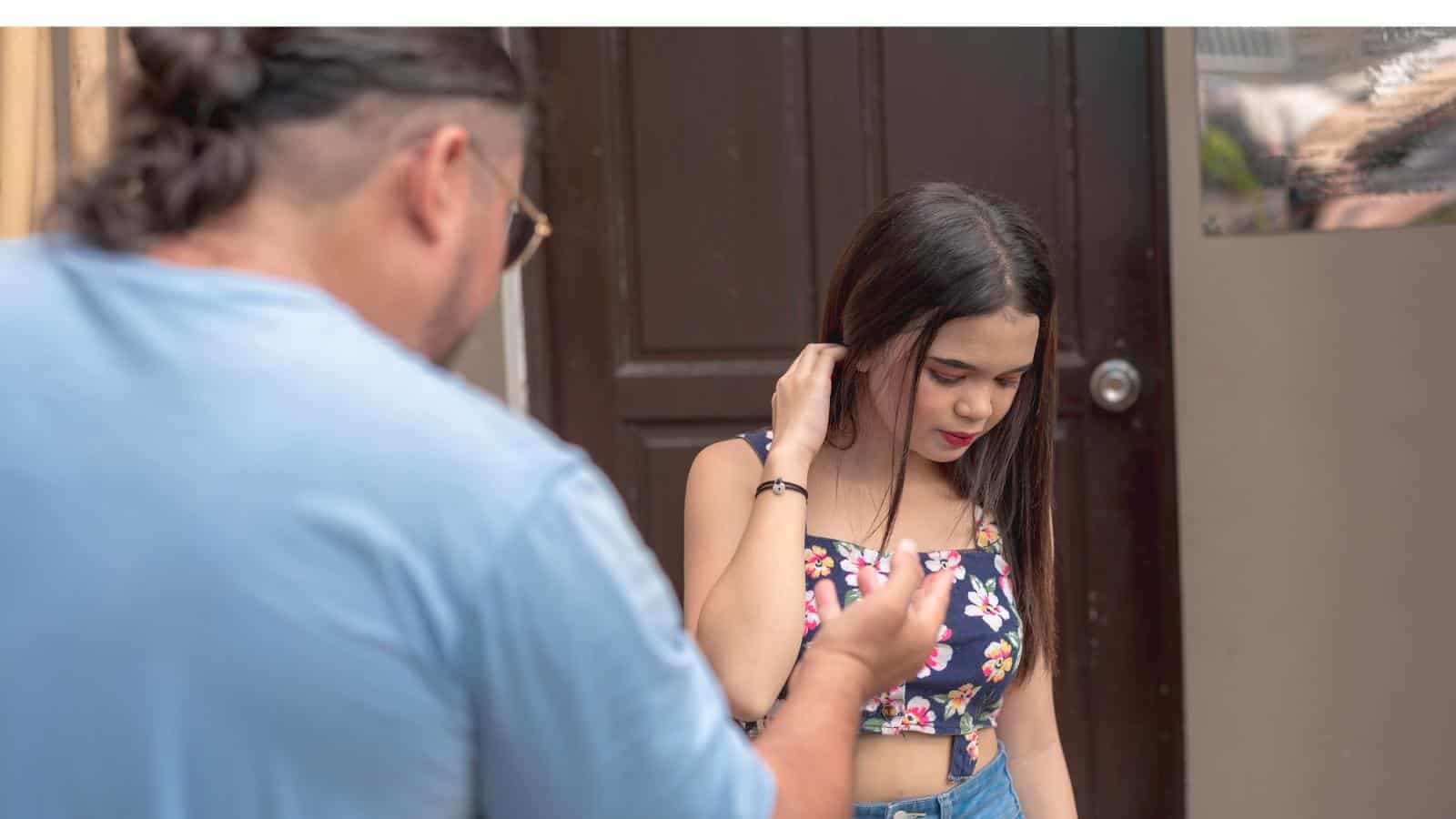
LGBTQIA+ people don’t have a specific “look,” and suggesting otherwise is rooted in stereotypes that are not only untrue but harmful. Imagine how it feels to have your identity doubted because you don’t fit someone’s narrow idea of what a gay, queer, or trans person “should” look like.
“Who’s the Man/Woman in Your Relationship?”

Some relationships don’t follow the traditional mould of heterosexual dynamics—and that’s a good thing—therefore asking this question assumes that every relationship needs to fit into a “man” and “woman” role, which doesn’t apply to many LGBTQIA+ couples. It can also feel reductive, like you’re ignoring the nuances of their relationship by trying to squeeze it into a template.
“It’s Just a Phase.”

Few things are as dismissive as suggesting that being queer is just a phase, and when someone shares their identity with you, it’s an act of trust. Saying it’s “just a phase” not only invalidates their feelings but also implies that they don’t know themselves as well as you do.
“You’re So Brave!”

While it might sound like a compliment, calling someone “brave” for simply existing as themselves can feel patronising, because it suggests that being LGBTQIA+ is inherently something to overcome or be pitied for. Most LGBTQIA+ people don’t want to be seen as brave—they just want to be seen as normal, everyday individuals living their lives.
“How Do You Have Sex?”

Let’s get this out of the way: it’s none of your business, and asking someone this question, especially casually, is invasive and wildly inappropriate. No one owes you an explanation of their intimate life, regardless of their sexual orientation or gender identity, and this type of question can make people feel reduced to only their sexuality.
“I Knew Before You Did!”

This might feel like a playful thing to say, but it undermines someone’s personal journey of self-discovery, as even if you suspected their identity, that doesn’t mean you understood what they were going through. Everyone deserves the space to figure out who they are without feeling like the people around them have already decided for them.
“But You Don’t Act Gay/Queer/Trans.”

LGBTQIA+ people are as diverse as anyone else, and their identities aren’t tied to certain behaviours, interests, or ways of speaking, therefore telling someone they don’t “act” the way you expect them to can feel like you’re questioning their authenticity, which is never okay. Let people express themselves however they choose.
“I Don’t Care If You’re Gay, I Love You Anyway.”

While this might sound supportive, it’s a backhanded compliment at best, because the phrase “I love you anyway” implies that their identity is something you’ve had to look past. People don’t want to feel like their identity is a hurdle for others to overcome—they want to feel embraced for who they are.
“Do You Think You’ll Ever ‘Switch Back’?”
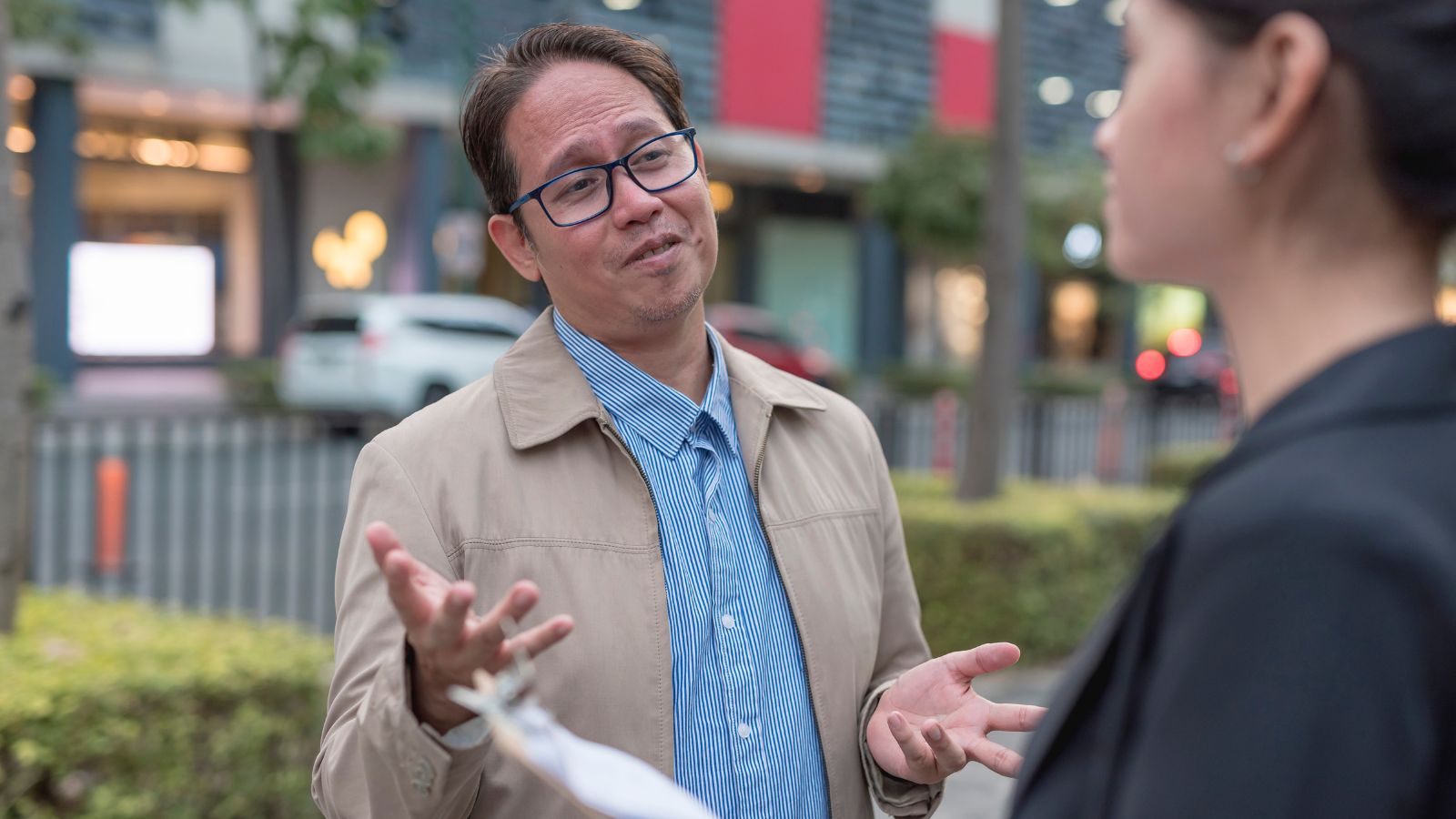
This question might seem harmless, but it’s deeply invalidating. It suggests that being LGBTQIA+ is a temporary decision or something someone can change at will, and for a high number of individuals, coming to terms with their identity is a long and difficult journey. For this reason, questions like this can feel like a slap in the face.
“You’re Too Pretty/Handsome to Be Gay.”

By tying someone’s appearance to their sexual orientation, you’re reinforcing the idea that queer people are somehow less attractive or don’t fit conventional beauty standards. It’s also objectifying, as it reduces someone’s identity to their looks.
“You’re Lucky; It’s Trendy to Be Queer Now.”

Remember, no one “chooses” to be LGBTQIA+ because it’s fashionable, and for many, coming out still carries risks, including discrimination, rejection and even violence. Saying it’s “trendy” trivialises these challenges and dismisses the courage it takes to live authentically.
“What Does That Mean? I Don’t Get It.”

It’s okay to not understand everything right away, but reacting with confusion or disbelief can make someone feel like they need to justify or explain their existence. It’s exhausting to always be the one educating others, especially about something so personal, so if you’re unsure about something, take a moment to listen and learn.
“I Have a Gay/Queer/Trans Friend Too!”
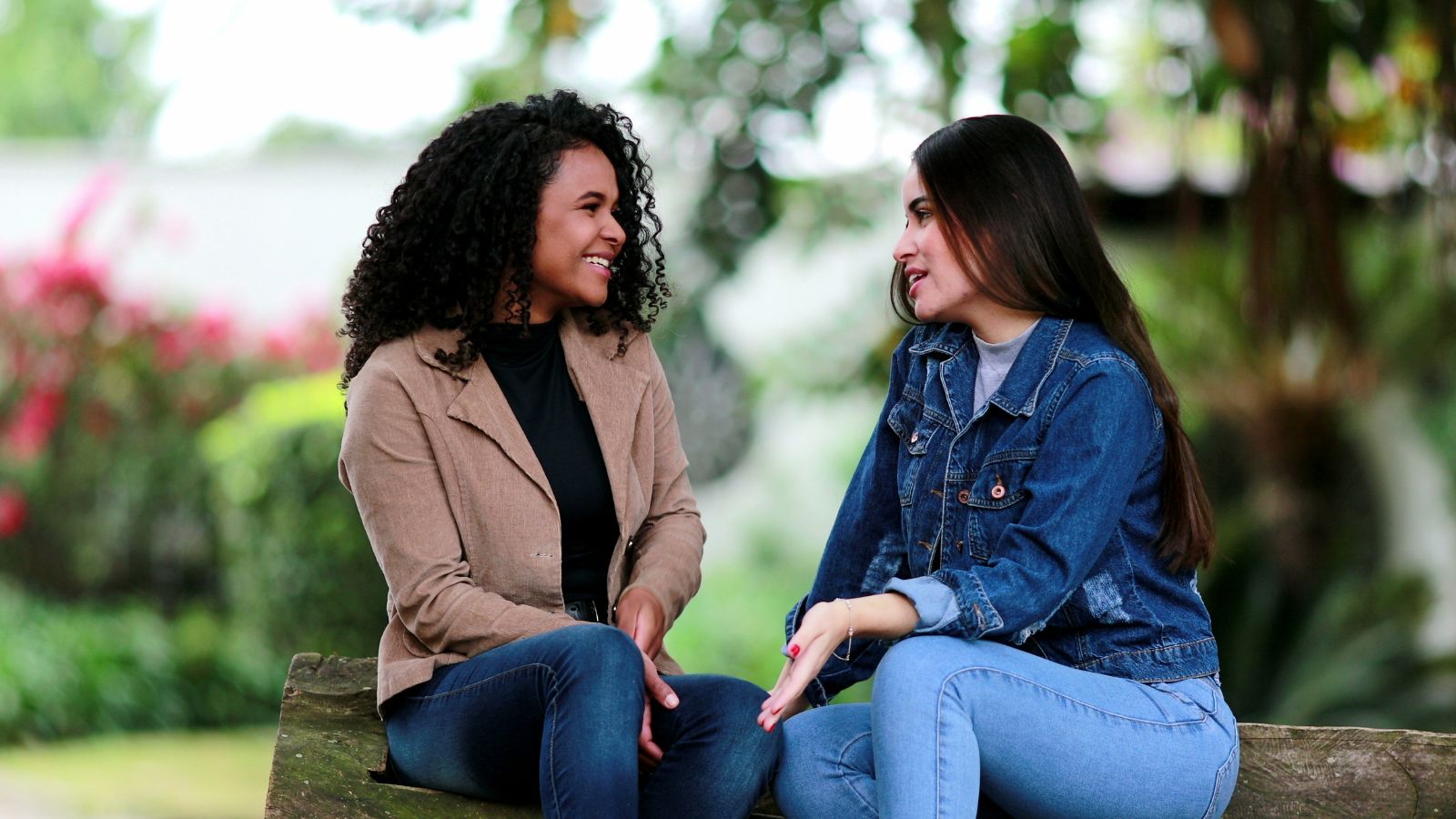
While you might mean this as a way to show support, it often comes across as performative, because LGBTQIA+ people don’t want to feel like they’re being used as tokens for someone else’s allyship. Instead of bringing up other people you know, focus on the person in front of you.
“You’re Just Doing This for Attention.”
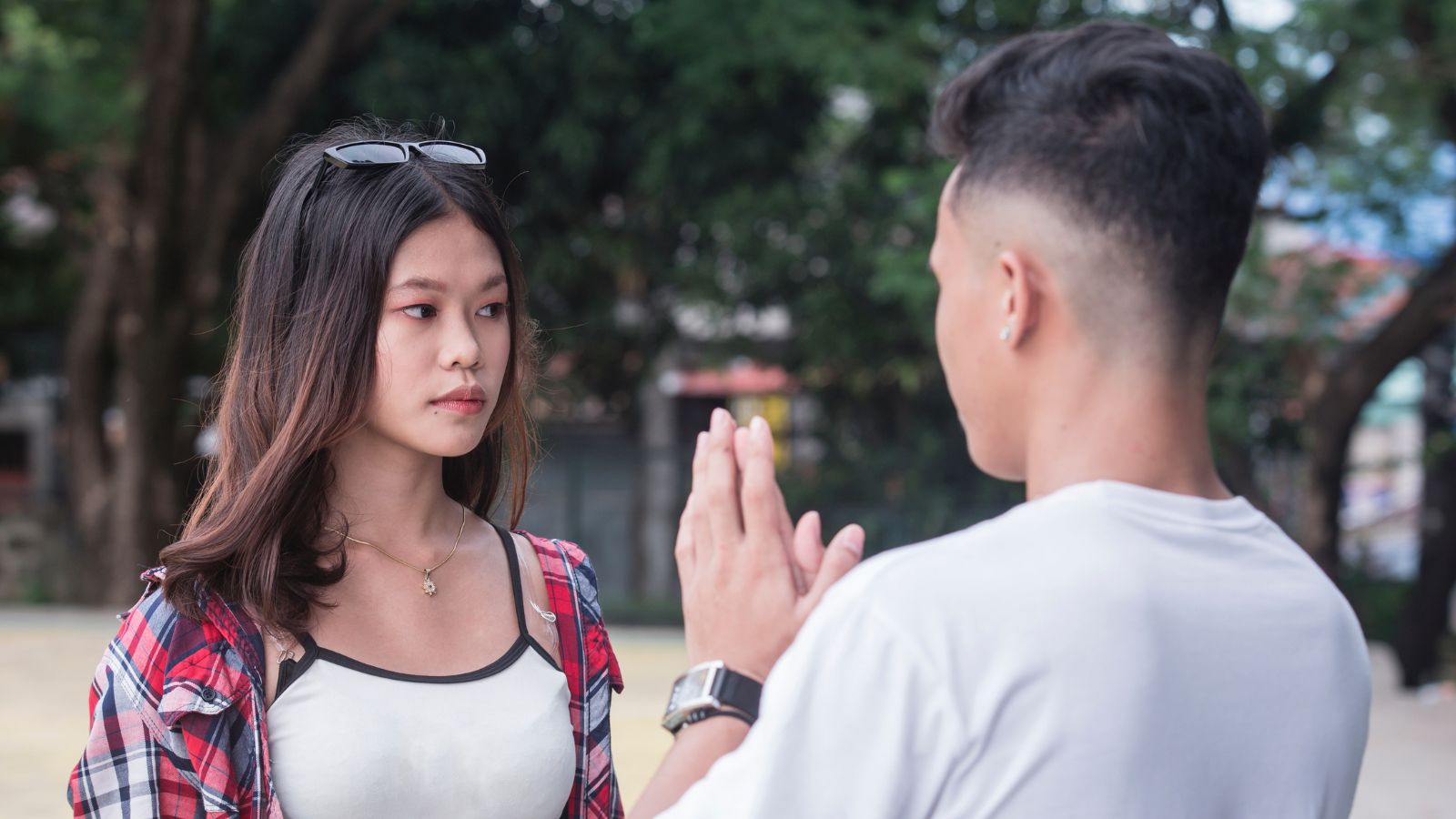
Suggesting that someone is faking their identity for attention completely disregards the struggles and risks that often come with being queer, and it can be damaging to the individuals who may face significant challenges when coming out, meaning accusations like this only make it harder.
“But What About the Kids?”
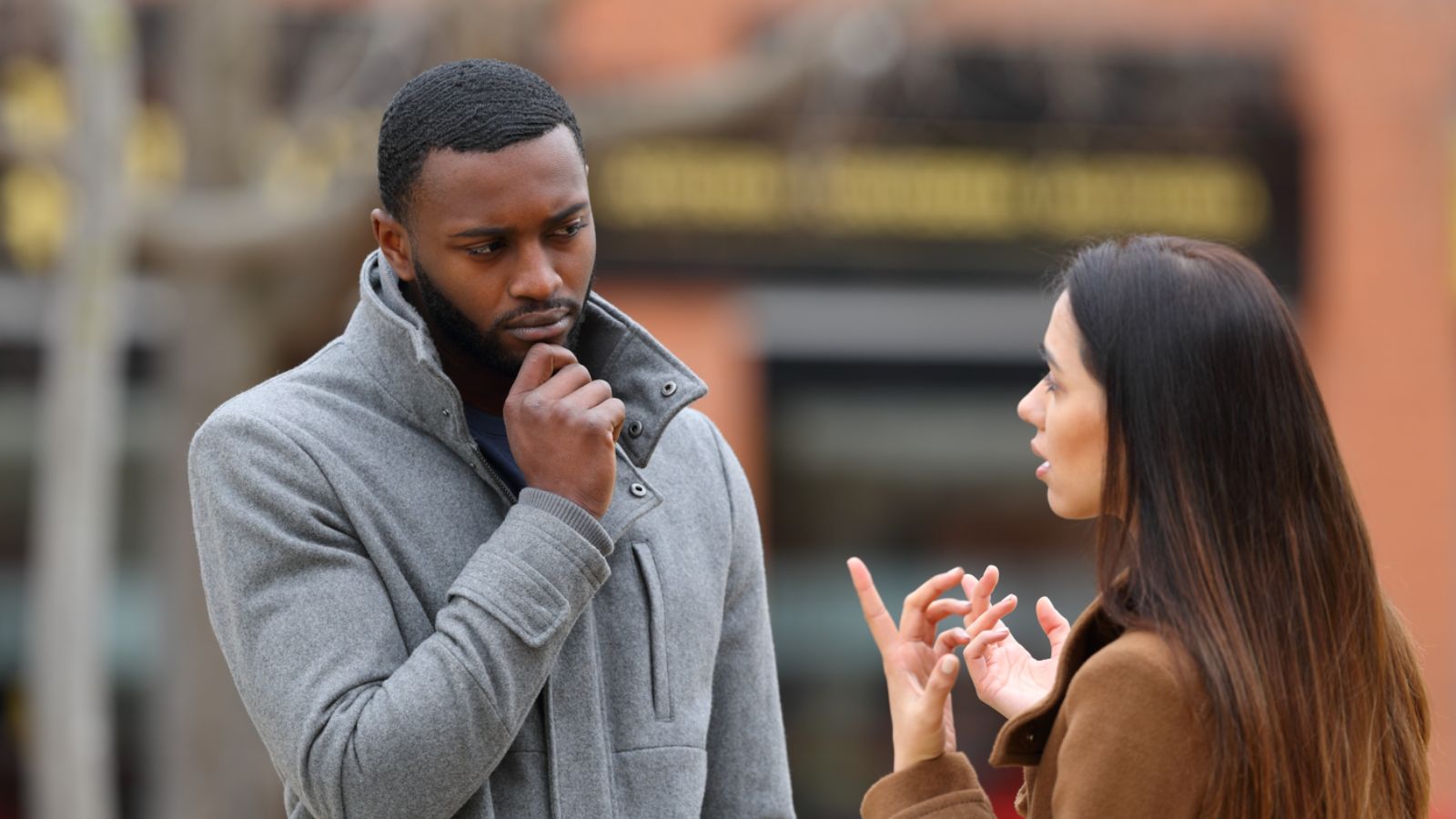
The idea that this group of people are somehow harmful to children is rooted in outdated and homophobic myths, as anyone is capable of being loving parents, teachers, and role models, no matter their gender identity. Comments like this perpetuate harmful stereotypes and show a lack of understanding.
“I Don’t See You as LGBTQIA+, I Just See You as [Name].”
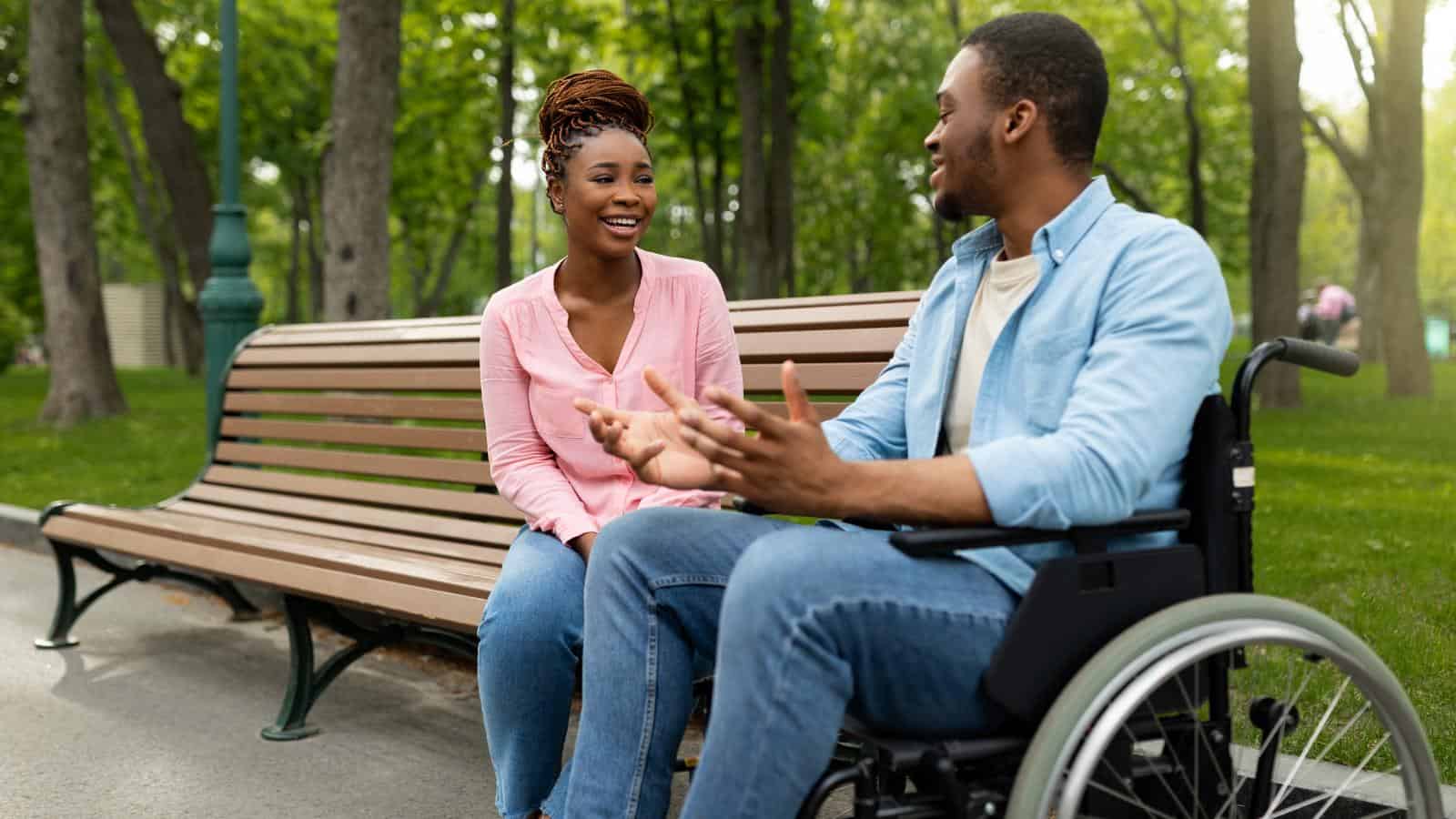
Being LGBTQIA+ isn’t all they are, but it’s an important part of who they are, therefore saying you “don’t see it” can feel like you’re ignoring a big piece of their life and experiences. True acceptance means seeing and celebrating all parts of someone, not selectively overlooking the ones you’re less comfortable with.
“You’re Not Like Other [Insert Identity Here].”

Though often meant as a compliment, this type of comment can feel isolating, because it separates your friend from their community, implying that other people like them are somehow less worthy of your respect or affection. Instead of drawing comparisons, focus on what makes your friend special as an individual.
“Why Do You Have to Make Everything About Being LGBTQIA+?”

Finally, an important step is learning that it’s not about “making everything” about their identity—it’s about recognising that being LGBTQIA+ is a significant part of their life experience. For many people, their identity shapes how they see daily life, so this insight dismisses their reality.

